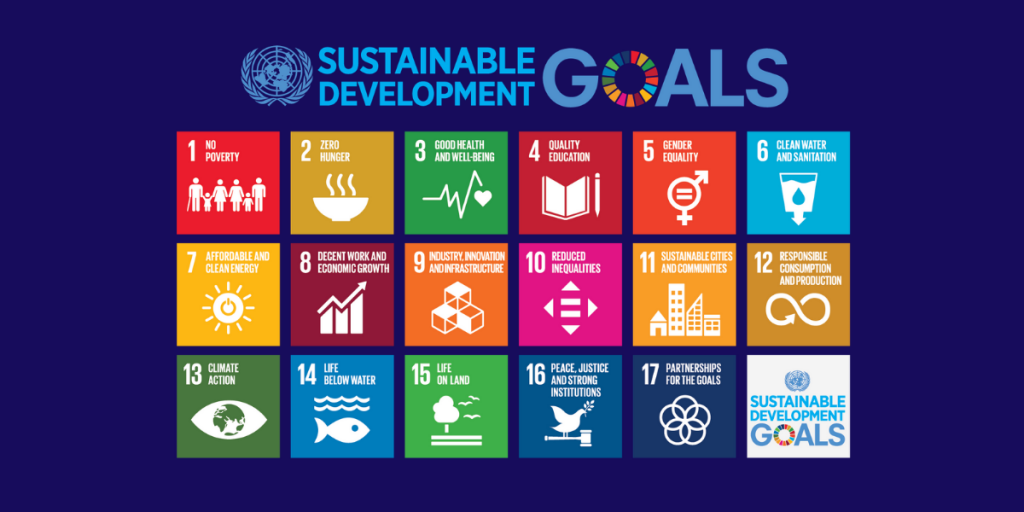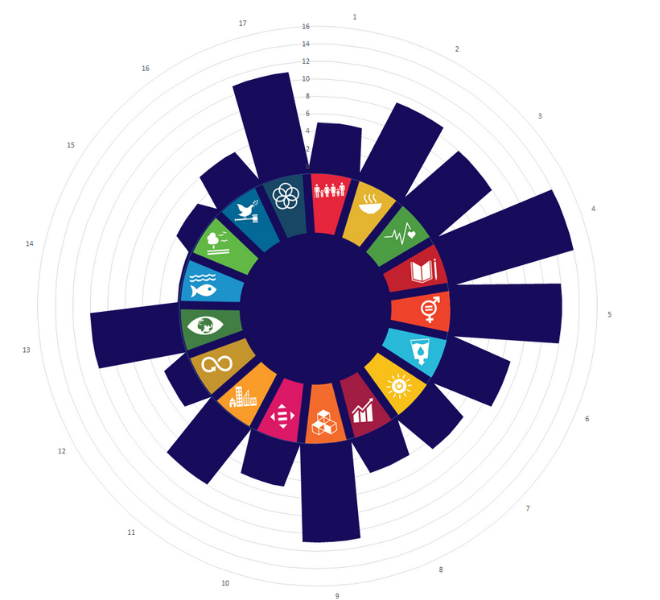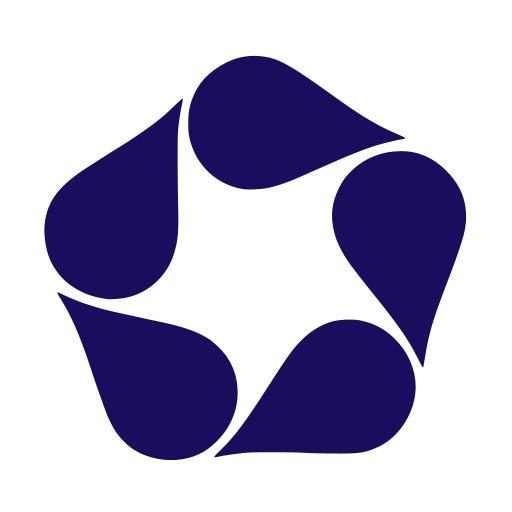What’s your goal?

The theme for our PARTICIPATE programme in June 2021 was the UN Sustainable Development Goals and so we took the opportunity to ask the RECIRCULATE family across more than 10 countries to tell us which two SDGs they currently most closely align with professionally and which two SDGs they aspire to address in future and why.

RECIRCULATE network SDG priorities
It is perhaps not surprising that the diverse and multidisciplinary nature of the RECIRCULATE network was reflected in the responses we obtained, with 16 of the 17 SDGs identified as relevant. The only exception was SDG 14, relating to aquatic life, though we have linked with fishery owners through one of our early workshops.
From the outset the RECIRCULATE project has operated across partners and disciplines, and worked with business and other research users to co-design research to deliver appropriate solutions for Africa. At this stage in the project it is useful for us to take time to reflect on the interests, experience and aspirations of wider RECIRCULATE network.
SDG 4 Quality Education. It is not surprising that this SDG was ranked as most relevant, with staff from the University of Benin (Nigeria), Lancaster University Ghana, the Botswana International University of Science and Technology, the Copperbelt University (Zambia), University of Uyo (Nigeria) and Lancaster University all listing this as most relevant to their professional careers. The RECIRCULATE project is building the capacity of university researchers to deliver research with impact and feed this into their teaching whilst also developing entrepreneurial training to contribute to university curricula. The ACTUATE project is working with schools to provide resources for education on environmental sustainability.
SDG 5 Gender Equality. Whilst some members of the network are already active in promoting gender equality, particularly in the context of STEM education, it was notable that of all SDGs this was the category that had the most respondents who identified it as one they aspire to develop in the future. Early in the RECIRCULATE project the importance of gender was identified as a priority for the circular water economy and in particular around the work on entrepreneurship and innovation, leading to the formation of the Women Innovators for Africa (WINA) network which is supporting women innovators across the continent. The significance of gender is also reflected in the project’s Advisory Board including Professor Caroline Thoruwa, Chairperson of African Women in Science and Engineering (AWSE) and Secretary General of the International Network of Women Engineers and Scientists (INWES).
SDG 9 Industry, Innovation and Infrastructure. In highlighting this SDG it is clear that the RECIRCULATE network, like the RECIRCULATE and ACTUATE project partners, has a clear focus on translating research outputs into real world innovations. In the project this is clear in the innovative irrigation techniques being developed by CSIR and Lancaster University and demonstrated to farmers and also the development of anaerobic digester systems at the University of Benin and the Umar Bun Hatab Islamic School, Accra, Ghana.
SDG 13 Climate Action. This SDG was especially highlighted by members of the network working in roles which interface most closely with policy. The circular economy approach adopted by RECIRCULATE and ACTUATE and the aim to drive eco-innovation in Africa is fundamentally a response to the climate crisis. All areas of the project address climate change through developing solutions for effected communities to build resilience to future challenges, especially related to water availability and quality. The RECIRCULATE and ACTUATE projects plan to showcase the relevance of the projects’ outcomes ahead of the upcoming UN Climate Change Conference (COP26) to be hosted in Glasgow in November 2021. Visit the PARTICIPATE programme for details or subscribe to our newsletter.
SDG 17 Partnerships to achieve the Goal. Partnerships are key to everything the RECIRCULATE project aims to achieve and that is why we have worked from the start to build and maintain a strong network of researchers and research users. The project team has over 70 researchers and support staff in 5 countries, our 10 workshops in 5 countries have delivered to 357 participants from 12 African nations and over 400 people have participated in the monthly online engagement programme (PARTICIPATE). Only through working in partnership can be hope to grow transformational impact through working with, in and for our communities.
We’d like to thank all the members of the RECIRCULATE network that took time to participate in this exercise, we really value your contributions.
